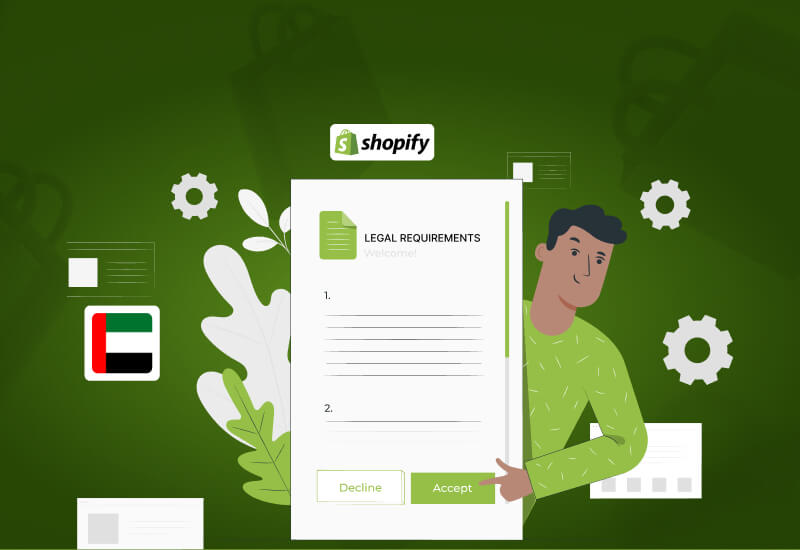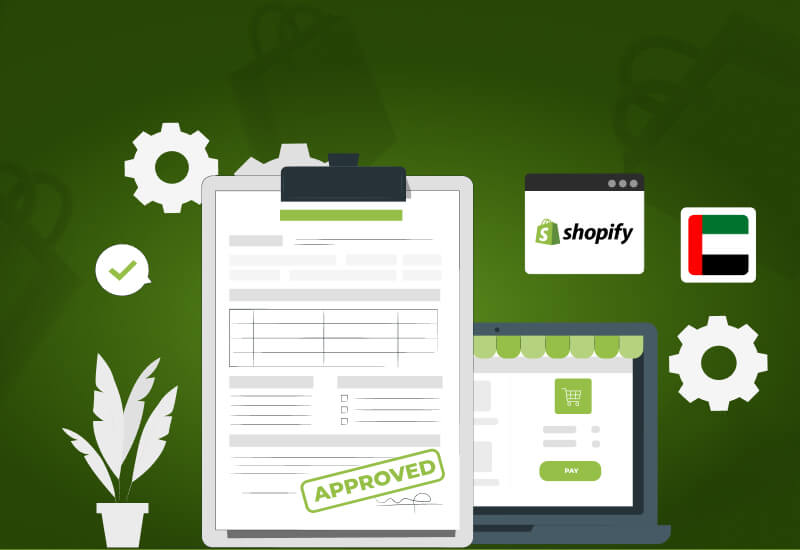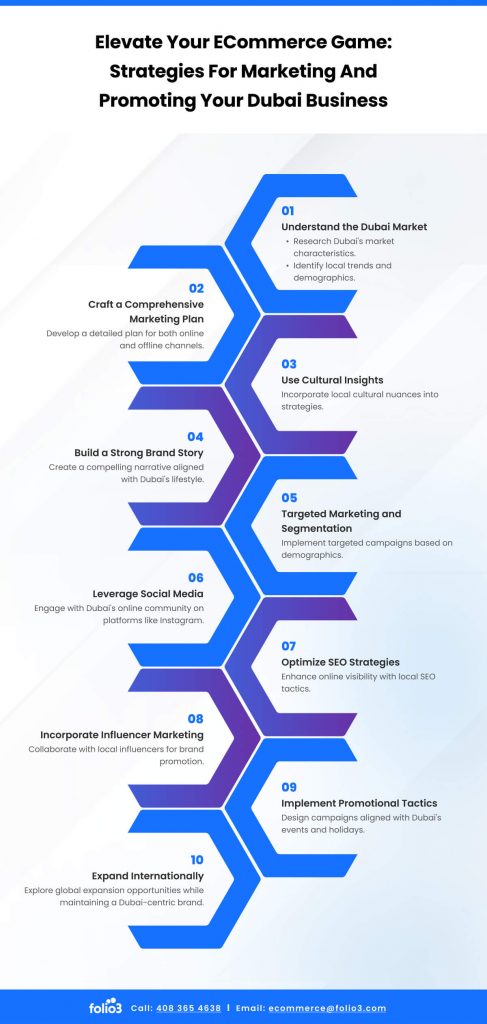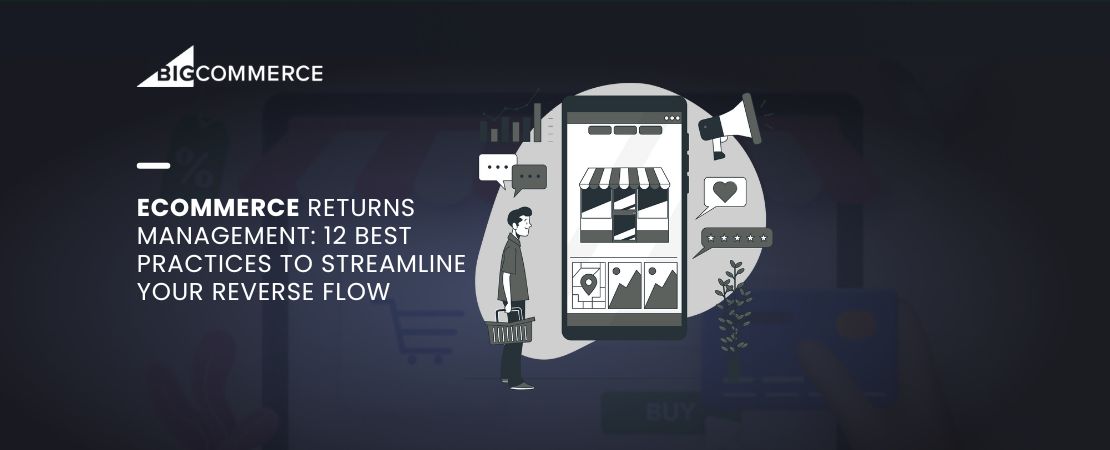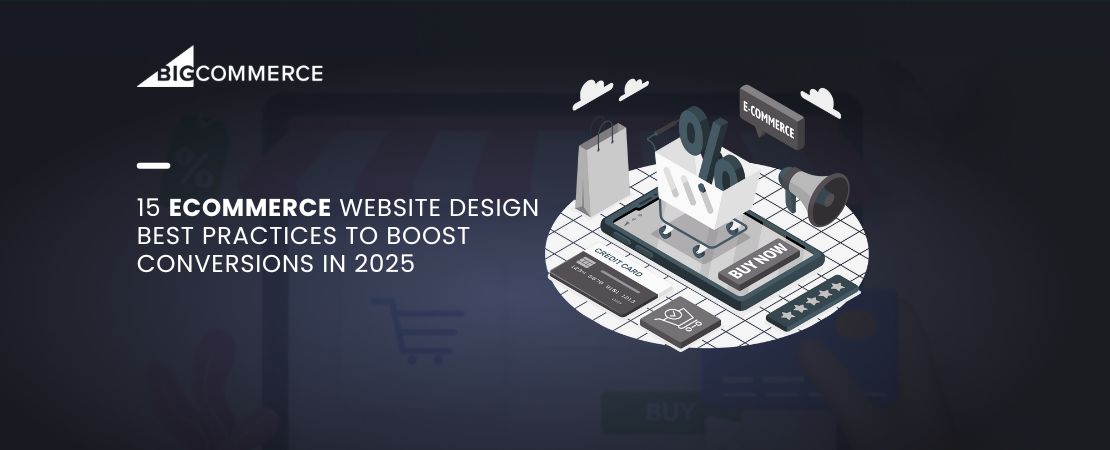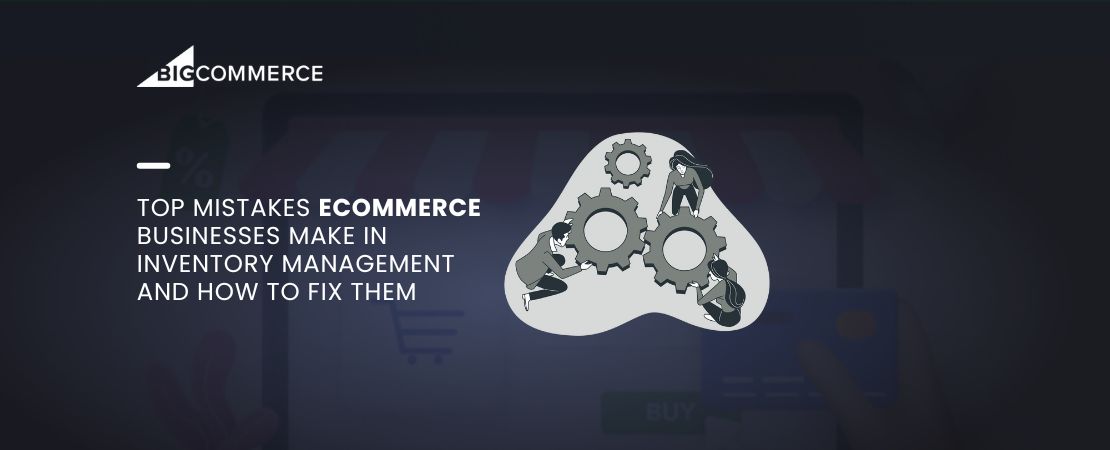The eCommerce landscape in Dubai has experienced rapid growth, making it a fertile ground for aspiring entrepreneurs. But why should you consider starting an eCommerce business in Dubai? The city’s robust infrastructure, tech-savvy population, and strategic location make it an ideal hub for eCommerce businesses.
Market Research and Planning
Before embarking on your eCommerce journey in Dubai, it’s crucial to understand the landscape. Identify niche markets and target audiences that hold potential. Conduct a thorough competitor analysis to learn from their successes and failures and differentiate your offering.
Understanding the Dubai eCommerce Landscape
Dubai is a burgeoning eCommerce hub. Its digital-savvy population, high internet penetration rate, and robust logistics infrastructure make it a promising market.
Identifying Niche Markets and Target Audiences
To succeed in eCommerce, you need to cater to a specific audience with unique needs. Identifying a niche market can help you focus your resources and stand out from the competition.
Conducting Competitor Analysis
Understanding your competitors’ strengths and weaknesses can provide valuable insights. Analyze their offerings, marketing strategies, customer service, and pricing to discover opportunities for differentiation.
Legal Requirements and Regulations
Starting an eCommerce business in Dubai involves navigating through specific legal requirements and regulations. Here’s what you need to know.
Overview of Business Licensing in Dubai
To operate an eCommerce business in Dubai, you’ll need to obtain a trade license from the Department of Economic Development (DED) or one of the free zones.
eCommerce-Specific Regulations
Dubai has stringent regulations to ensure consumer protection in eCommerce. Familiarize yourself with eCommerce laws concerning data protection, electronic transactions, and consumer rights.
Intellectual Property Considerations
Protecting your intellectual property (IP) is crucial in eCommerce. Consider trademark registration for your brand name, logo, and any distinctive signs associated with your business.
Choosing a Business Structure
There are several types of business entities in Dubai, each with its pros and cons.
Options for Business Entities in Dubai
Some of the popular business structures in Dubai include Limited Liability Company (LLC), Free Zone Company, Offshore Company, and Sole Proprietorship.
Pros and Cons of Different Structures
The right structure for your business depends on factors such as ownership restrictions, tax implications, and operational flexibility.
| Step | Action |
|---|---|
| 1 | Research International Markets: |
| – Identify target markets through research. | |
| – Analyze trends, consumer behavior, and competition. |
| Step | Action |
|---|---|
| 2 | Adapt and Localize: |
| – Modify products for international preferences. | |
| – Localize website and marketing materials. |
| Step | Action |
|---|---|
| 3 | Ensure Legal Compliance: |
| – Address legal and regulatory requirements. |
| Step | Action |
|---|---|
| 4 | Optimize Payment Solutions: |
| – Implement secure international payment gateways. | |
| – Provide currency conversion options. |
| Step | Action |
|---|---|
| 5 | Streamline Global Logistics: |
| – Develop a global shipping strategy with reliable partners. |
| Step | Action |
|---|---|
| 6 | Offer Multilingual Support: |
| – Provide customer support in multiple languages. | |
| – Ensure accessible communication channels. |
| Step | Action |
|---|---|
| 7 | Tailor Marketing Campaigns: |
| – Design targeted marketing campaigns for each international market. |
| Step | Action |
|---|---|
| 8 | Cultivate Partnerships: |
| – Explore collaborations with distributors, retailers, and influencers. |
| Step | Action |
|---|---|
| 9 | Monitor Performance: |
| – Use analytics tools to track international marketing performance. | |
| – Analyze data for informed adjustments. |
| Step | Action |
|---|---|
| 10 | Continuous Optimization: |
| – Iterate and optimize the strategy based on feedback and performance. | |
| – Stay adaptable to changes in the global market landscape. |
Steps to Register Your Business
Registering your business in Dubai involves applying for a trade license, registering your trade name, paying the necessary fees, and receiving your license.
1. Financial Planning
Starting an eCommerce business requires careful financial planning.
2. Estimating Startup Costs
Your startup costs will vary depending on the nature of your business. Common expenses include licensing fees, website development, inventory, and marketing.
3. Creating a Budget and Financial Projections
A well-planned budget can help keep your business financially healthy. It’s also essential to create financial projections to guide your spending and investment decisions.
4. Opening a Business Bank Account
A business bank account separates your personal and business finances and provides more credibility to your business.
5. eCommerce Platform Selection
Your choice of eCommerce platform significantly impacts your online store’s functionality and customer experience.
6. Popular eCommerce Platforms in Dubai
Platforms like Shopify, WooCommerce, and Magento are popular among Dubai’s eCommerce businesses due to their extensive features and scalability.
Key Features to Consider
Consider features like ease of use, customization options, payment gateway integrations, SEO features, and customer support when choosing your platform.
1. Setting Up Your Online Store
Once you’ve selected your platform, the next step is to build your online store. This involves adding products, setting up payment and shipping options, and optimizing your site for SEO.
2. Payment Gateway Integration
A reliable and secure payment gateway is crucial for any eCommerce business.
3. Understanding Payment Systems in Dubai
In Dubai, popular payment methods include credit/debit cards, PayPal, and Cash on Delivery (COD).
4. Choosing a Secure Payment Gateway
Your payment gateway should be secure, and user-friendly, and support your customers’ preferred payment methods.
5. Integrating Payment Options into Your eCommerce Website
Once you’ve chosen a payment gateway, integrate it into your eCommerce platform. Most platforms offer easy integration with popular payment gateways.
6. Logistics and Fulfillment
Efficient logistics and fulfillment processes are key to customer satisfaction.
7. Setting Up a Reliable Supply Chain
A reliable supply chain ensures that you always have products to sell. Work with reliable suppliers and maintain a solid inventory management system.
Choosing Shipping and Delivery Partners
Your choice of shipping partner impacts your delivery speed and costs. Choose partners who can meet your delivery needs and provide a good customer experience.
1. Managing Inventory
Inventory management is crucial in eCommerce. Use inventory management tools to track stock levels, sales, and deliveries.
2. Digital Marketing Strategies
Digital marketing is essential to drive traffic to your eCommerce store.
3. Localized SEO for Dubai
Optimize your website for search engines using localized SEO techniques. This helps improve your visibility among Dubai’s online shoppers.
4. Social Media Marketing Tips
Leverage Dubai’s high social media usage rate. Use platforms like Instagram, Facebook, and Twitter to connect with your customers and promote your products.
5. Paid Advertising Options
Consider paid advertising options like Google Ads and social media ads to reach a broader audience.
6. Customer Service and Support
Good customer service builds trust and loyalty.
7. Building Trust with Customers
Provide clear and accurate product information, maintain a secure website, and deliver on your promises to build trust with your customers.
Implementing Effective Customer Service
Use multiple channels like email, phone, and social media to provide customer support. Ensure your support team is responsive and helpful.
1. Handling Returns and Refunds
A clear and fair return and refund policy can enhance customer satisfaction. Make the process easy for your customers and handle refunds promptly.
2. Scaling Your Business
As your business grows, you’ll need to consider scaling strategies.
Analyzing Performance Metrics
Monitor key performance metrics like website traffic, conversion rate, and customer acquisition cost to inform your scaling strategies.
Expanding Product Offerings
Adding new products or product lines can help attract more customers and increase sales.
Exploring New Markets
Consider expanding to new markets, either within the UAE or internationally, to grow your customer base.
3. Networking and Collaboration
Networking and collaboration can open new opportunities for your business.
Joining eCommerce Associations and Networks
Joining associations like the Dubai Chamber of Commerce or the eCommerce Association of the UAE can provide valuable resources and networking opportunities.
Building Partnerships with Local Businesses
Partnerships can help you reach new customers, improve your offerings, and share resources.
Participating in Industry Events
Participate in industry events and trade shows to stay updated on trends, meet potential partners, and promote your business.
Conclusion
Starting an eCommerce business in Dubai involves careful planning, adherence to regulations, and strategic execution. But with the robust growth of the eCommerce sector in Dubai, the potential rewards are well worth the effort. So, what are you waiting for? Start planning your eCommerce success story today!
Frequently Asked Questions
Do I need a specific license to start an eCommerce business in Dubai?
Yes, you will need a trade license from the Department of Economic Development (DED) in Dubai. The type of license depends on the nature of your eCommerce business.
What are the different types of trade licenses available for eCommerce businesses?
Mainly, there are three types of licenses: Commercial License for trading activities, Professional License for service-oriented businesses, and Industrial License for manufacturing and industrial activities.
Can I operate my eCommerce business from home in Dubai?
Yes, the Dubai government allows certain types of eCommerce businesses to operate from home. However, it’s crucial to check and comply with the regulations set by the relevant authorities.
Do I need a local partner to start an eCommerce business in Dubai?
In Dubai, mainland businesses require a local sponsor or partner who holds at least 51% of the business. However, there are free zones where you can have 100% ownership of your business.
What are the popular free zones for eCommerce businesses in Dubai?
Some popular free zones for eCommerce businesses include Dubai Internet City (DIC), Dubai Media City (DMC), and Dubai Multi Commodities Centre (DMCC).
How do I set up an online payment system for my eCommerce business in Dubai?
You can integrate with local and international payment gateways approved by the Central Bank of the UAE. Common options include Network International, Telr, and Payfort.
What are the customs and import/export regulations for eCommerce in Dubai?
Familiarize yourself with the customs regulations, including the prohibited items list. You may also need to pay customs duties on certain products, so check the specific regulations for your products.
How can I market my eCommerce business effectively in Dubai?
Utilize digital marketing strategies such as social media advertising, search engine optimization (SEO), and influencer marketing. Understanding local consumer preferences and cultural nuances is crucial for effective marketing.
Are there any restrictions on selling certain products in Dubai?
Yes, there are restrictions on the sale of certain products, especially those that are culturally sensitive or pose health risks. Check with the relevant authorities to ensure compliance.

